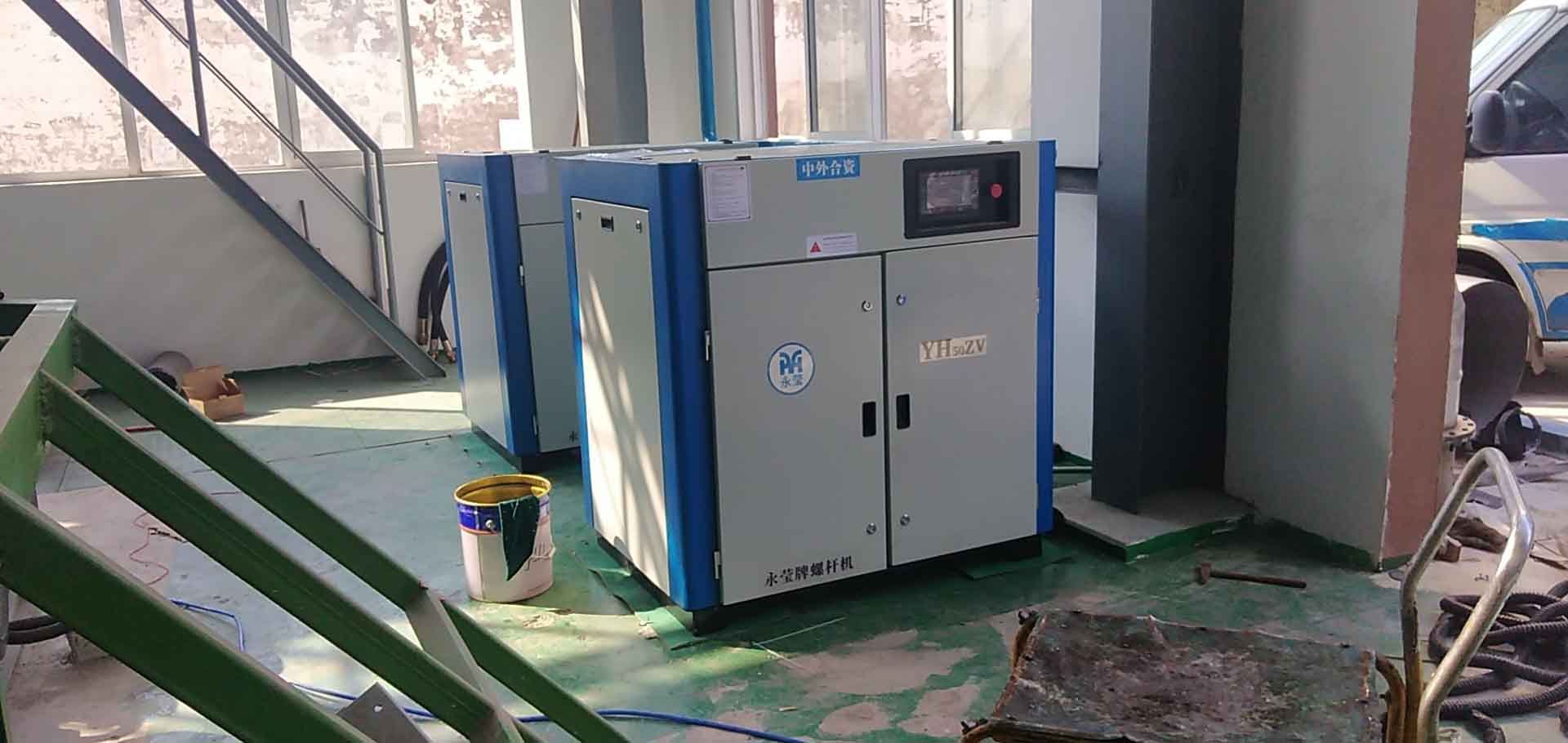Air compressors are widely used in various industries and play a crucial role in providing compressed air for different applications. However, one common issue that can arise with air compressors is oil leakage. In this article, we will analyze the common causes of oil leakage in air compressors and provide tips on selecting the appropriate compressor oil.

Common Fault Analysis of Oil Leakage:
1. Worn Out Seals: One primary reason for oil leakage in air compressors is worn-out seals. Seals, such as piston rings and gaskets, can deteriorate over time, causing oil to escape from the compressor. Regular maintenance and replacement of seals can help prevent oil leakage.
2. Loose or Damaged Fittings: Another common cause of oil leakage is loose or damaged fittings. Vibrations or improper installation can result in fittings becoming loose, causing oil to leak from the compressor. Ensure that all fittings are properly tightened and inspect them regularly for any signs of damage.
3. Cracked or Damaged Hoses: Hoses are essential components in an air compressor system. If hoses are cracked or damaged, oil can leak out. Regularly inspect hoses for any signs of wear and tear, and replace them if necessary.
4. Faulty Pressure Relief Valve: The pressure relief valve in an air compressor is designed to prevent excessive pressure build-up. If this valve malfunctions, it can cause oil to leak. Regularly inspect and maintain the pressure relief valve, and replace it if needed.
Tips for Choosing the Right Compressor Oil:
1. Consult the Manufacturer's Recommendations: Each air compressor has specific requirements for the type and viscosity of oil it needs. Consult the manufacturer's manual or reach out to their customer support for guidance on the recommended compressor oil.
2. Consider the Ambient Temperature: The ambient temperature in which the air compressor operates affects the performance of the oil. Higher temperatures may require oils with better thermal stability. Choose an oil that can handle the ambient temperature of your compressor's operating environment.
3. Compressor Type: Different types of air compressors, such as reciprocating, rotary screw, or centrifugal, have varying oil requirements. Ensure that you choose an oil specifically designed for your compressor type to ensure optimal performance.
4. Oil Additives: Some compressor oils come with additives that offer additional benefits such as improved lubrication, reduced wear, and increased resistance to oxidation. Consider the specific needs of your compressor and opt for oil with suitable additives if required.
Conclusion:
Oil leakage in air compressors can be a common issue, but with proper maintenance and care, it can be minimized or eliminated. Regularly inspecting seals, fittings, hoses, and pressure relief valves can help identify and resolve potential oil leakage problems. Additionally, selecting the right compressor oil based on manufacturer recommendations, ambient temperature, compressor type, and considering oil additives can ensure optimal performance and extend the lifespan of your air compressor.